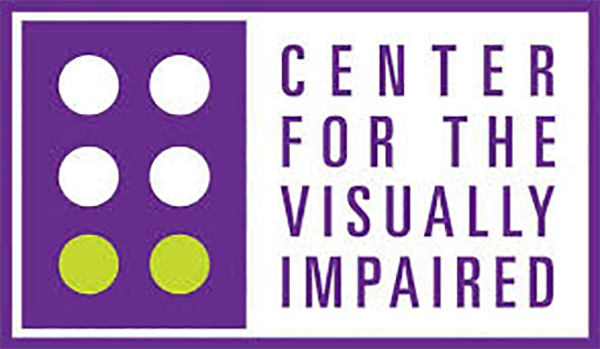Low Vision Clinics for Students: A Back to School Reminder
According to the Georgia Department of Education, one in four children in Georgia experience some level of vision loss. As eighty percent of a child’s learning and knowledge is acquired through their vision, it is important to include vision checks this fall as the school year gets underway. Research data shows that children with vision loss who are identified and receive services earlier have better outcomes in language, literacy, and academics.
Every child entering school for the first time should receive a vision screening by an eye doctor. Sight-stealing conditions such as amblyopia (reduced vision due to inadequate use of the eye(s) during early childhood), strabismus (the eyes are not straight or properly aligned), and significant refractive error (blurry vision due to poor focus of light rays on the retina) can be detected in a screening. If left untreated these conditions can lead to debilitating vision loss as the child grows.
If vision loss is indicated, the next step is to receive a low vision evaluation with an optometrist with specialized training in this process. The clinical low vision evaluation differs from the medical examination in that it provides functional, usable information about the visual abilities of the child. The evaluation focuses on verifying the student’s visual acuity and on finding ways to enhance the student’s visual functioning.
The low vision evaluation is also the first step in developing the individual education plan (IEP) with the child’s school. The IEP must list the special education and related services to be provided to the child or on behalf of the child. This includes supplementary aids and services that the child needs. It also includes modifications (changes) to the program or supports.
CVI’s Florence Maxwell Low Vision Clinic offers the evaluations to students aged five and up at our midtown location and at school clinics in coordination with school systems. The child and family spend an hour with the optometrist for the evaluation and then an hour with our occupational therapist to determine the optical aids and devices that will provide the student access to the curriculum via print and tactile resources. If devices are recommended, the occupational therapist will provide preliminary instruction in the use of low vision devices. The evaluation results are shared with the Teacher of the Visually Impaired (TVI) who works daily with the student in the school.
The department of education recommends that children with vision impairments be evaluated every three years and that the IEP be reviewed and updated annually. While parents are encouraged to bring their child to CVI’s clinic for an evaluation, we are also now bringing the clinic to schools. Clinic manager Tierra Long notes that we have performed on-site clinics for Cherokee County Schools and Gwinnett County Schools, and we are reaching out to other metro area systems to offer our services to their students and families. The remote clinics allow us to schedule multiple children in one day and include the parents and the TVI who has knowledge of the students’ capacity and current needs.
“CVI has been able to replicate our midtown clinic in these on-site school clinics thanks to the support of several foundation grants and individual donors,” explains Long. “This is an incredible opportunity to extend our reach and help us serve more children with vision loss.”
CVI is ready to serve your child at our Midtown clinic. Please call us at 404-875-9011 or visit cviga.org for more information and to schedule an appointment.
As school clinics are scheduled families are notified by the school with date and time.

